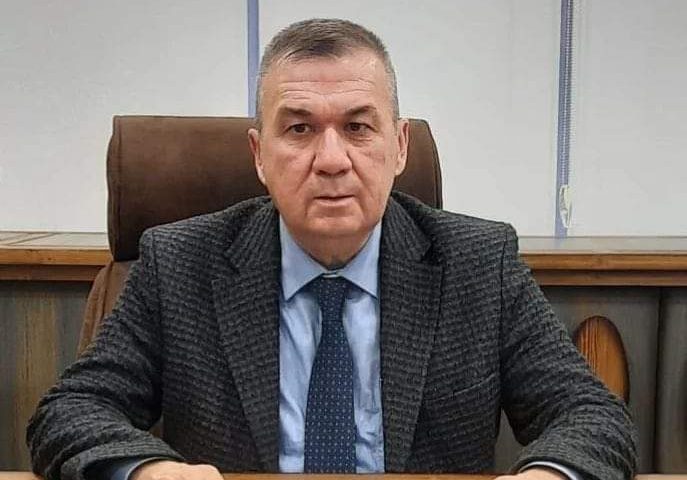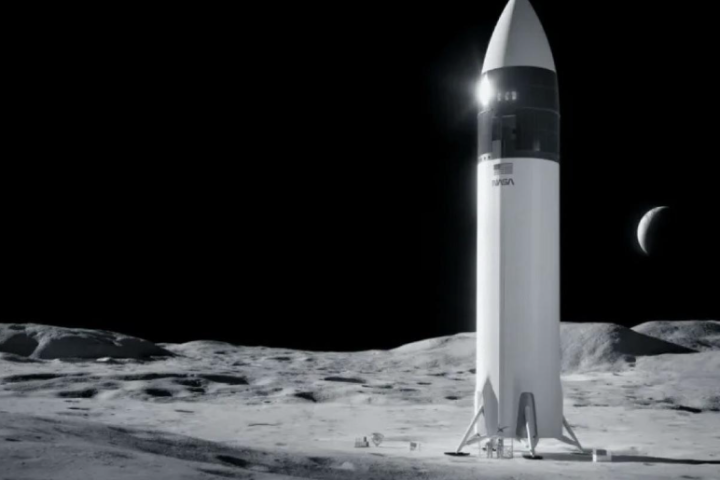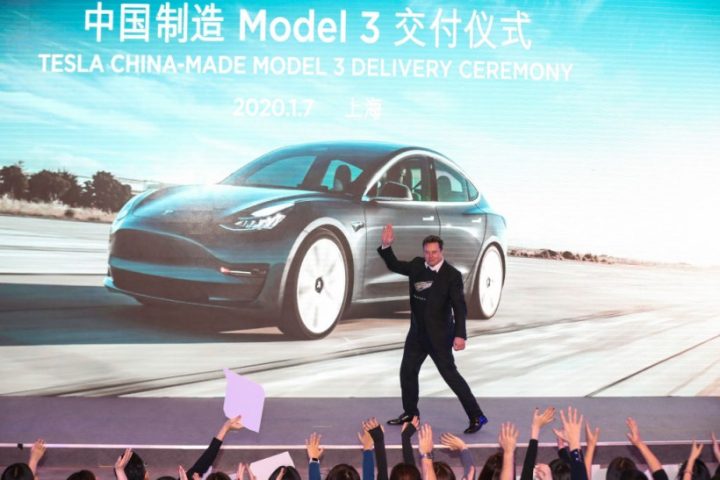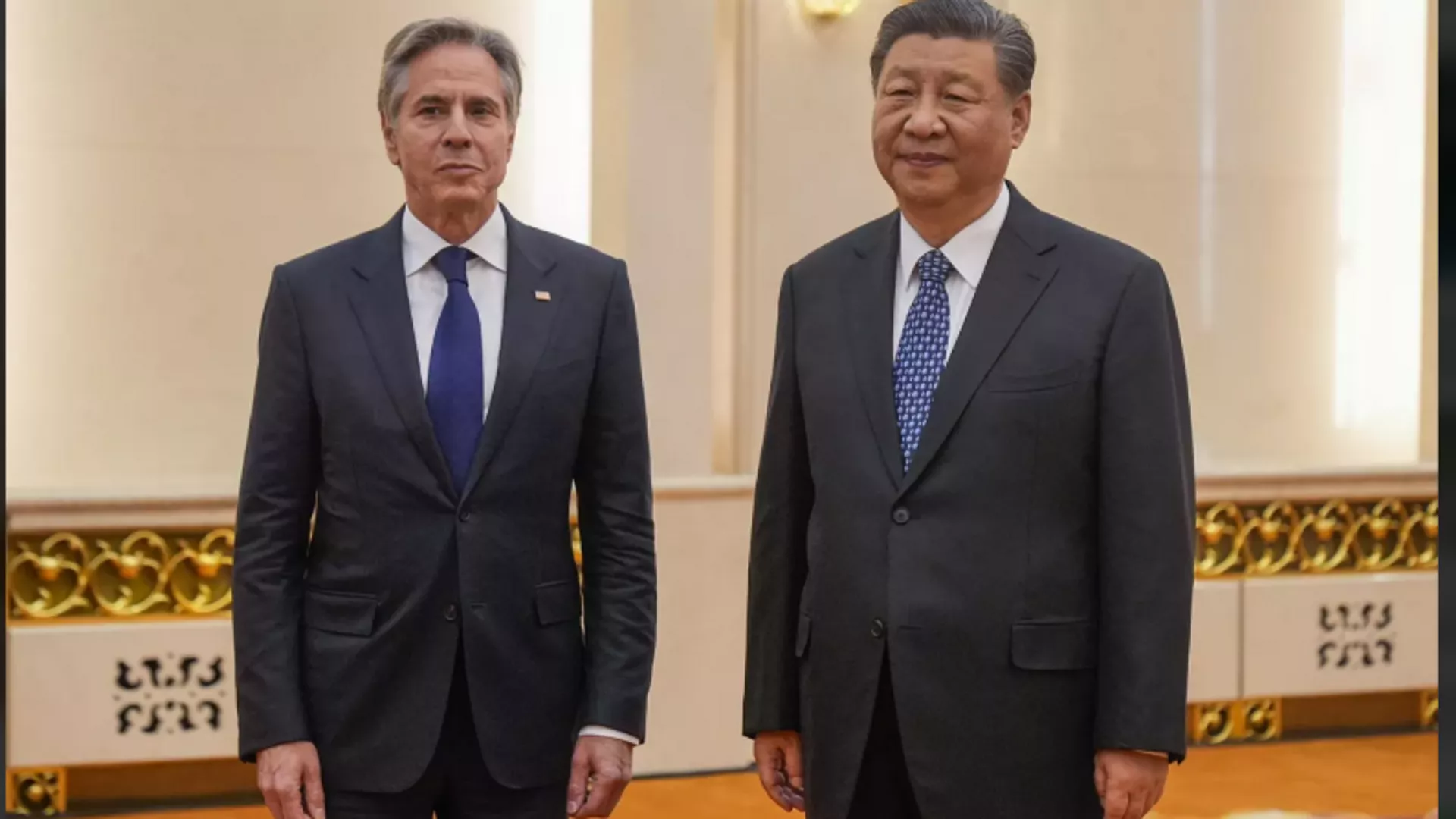As the conflict continues in Ukraine, China’s approach to relations with Kiev and the Kremlin so far and its “neutrality” in the war have provoked international outcry.
So what kind of strategy is the Chinese government pursuing regarding Moscow in the Russian invasion, which it avoids using the term “war”?
1 – How close are China and Russia?
On February 4, the opening day of the Winter Olympics in Beijing, capital of China, Chinese President Shi Jinping and Russian President Vladimir Putin signed an agreement for “unlimited cooperation” . The agreement aims to strengthen cooperation between Beijing and Moscow against Western states.
The agreement also stated that Russia would support China’s claims against Taiwan and China would support Russia’s claims to Ukraine, while urging Western countries to “abandon their Cold War-era ideological approaches.”
The reciprocal agreement, which began on the eve of the war, which began with Putin’s order for military action 20 days later on February 24th, has raised questions about how it will affect Beijing-Kremlin relations in the war.
“It was a huge mistake for Shi”
Jude Blanchette of the Center for Strategic and International Studies, a US-based think tank, said, “Advancing cooperation with Moscow on the eve of Russia’s invasion of Ukraine was a huge foreign policy mistake for Shi. This has a serious price for China and lays out the limits of Shi’s policy.”
An analysis published in the Wall Street Journal, a leading US newspaper, said the diplomatic boycott of the Olympics in Beijing by the government of US President Joe Biden, along with the United Kingdom and Canada, was one of the reasons that triggered the agreement between China and Russia on February 4th.
“According to beijing’s logic in the China-Russia relationship, both countries face an aggressive West and can better fight against Western pressure by acting together rather than being separate. From this point of view, without Russia, China will be alone in dealing with the aggressive West, which is determined to prevent its rise.”
“China has much more to lose”
“It is important to remember that China and Russia do not have greatly overlapping interests. Compared to Russia, China has much more to lose. China sees itself as a state on the rise with rapid momentum. Russia, on the other hand, is in essence fighting against the waves of collapse.”
The analysis, published in The Telegraph, one of the UK’s leading newspapers, said that “Putin and Shi share a deep paranoia about the West and a hatred of Western democracies.” Ian Williams wrote in his analysis that “Putin has put Beijing in a dangerous position and beijing’s future moves will shape global geopolitics for decades to come.”
2 – Did China foresee the Invasion of Ukraine?
With the war starting after the Olympics, some Western sources claimed beijing knew in advance of the Kremlin’s plans to invade Ukraine.
“Disinformation”
China’s ambassador to Washington, China Gang, denied this in a March 15 Washington Post article, arguing that Beijing’s previous claims about the invasion were “completely disinformation, knowing this, or implicitly supporting this war.”
China abstained from a vote on a draft resolution at the United Nations Security Council (UNSC) on February 26th, two days after the war began, condemning the attacks in Ukraine.
“China refrains from efforts to solve crisis”
Courtney J. Fung, an academic at Macquarie University in Australia, said China wanted to be recognized as an important country with responsibility but was selective when it came to the Ukraine invasion. These are important, of course, but China is avoiding efforts to take steps and mediate to solve the crisis itself by doing so.”
3 – How has China approached the War in Russia – Ukraine so far?
The Chinese state and government have so far not officially recognized what happened in Ukraine as “war.” Statements from Beijing often described what happened as “crisis” and “conflict.” The statements supported Ukraine’s independence, while Russia’s “security concerns” were also justified.
Paul Haenle of the US-based Carnegie Foundation for International Peace said china is trying to find a way between its partnership with Russia and international public condemnation, adding that “China supports Russia through its comprehensive strategic partnership and by opposing NATO expansion and sanctions against Moscow. On the other hand, it insifully backs Ukraine with its policy of building positive relations and not intervening.”
China’s approach to the threat of a nuclear attack in the Ukraine war has also provoked a backlash.
Putin raised international concerns about nuclear war on February 27th, announcing that his country’s nuclear forces had been put on “special alert.” Chinese Foreign Ministry spokesman Vang Vybin called for restraint without directly condemning Putin’s statement, saying the war between Moscow and Kiev must be resolved diplomatically.
In addition, Russian troops captured the Chernobyl nuclear power plant the day after the military operation began on February 24th, and on March 3rd they captured Zaporijya, Europe’s largest nuclear power plant. He also expressed concern about what happened without directly opposing Russia’s nuclear threats, adding that tensions should be eased and the security of nuclear facilities should be ensured.
China’s “Ukraine deal”
The “protection agreement” signed by China and Ukraine eight years ago also came up again with the war.
In 2013, then-Ukrainian President Viktor Yanukovich and Shi signed a bilateral agreement, with Beijing’s leadership saying it would provide Kiev with a “nuclear security guarantee” in the event of a nuclear attack. The Chinese government, meanwhile, has so far not made clear the contents of the “security protection” it promised in its agreement with Ukraine. So it is difficult to predict how this agreement will affect Beijing’s “neutral” policy on nuclear war concerns raised in the ongoing Russia-Ukraine war.
Intaek Han, president of the Jeju Peace Institute, a South Korea-based think tank, noted the possibility that Russia may have backed the agreement in a timely manner to prevent Kiev’s NATO membership.
Gregory Kulacki of the Union of Concerned Scientists of the United States said, “This is an agreement in which a nuclear weapons country promises to provide support to a country that does not have a nuclear weapon if it is threatened by another country that has nuclear weapons. This means something and china needs to be shown this.”
4 – What does Russia want from China and will Beijing help the Kremlin?
Government officials, who do not share their identities in the United States, said this week that the Kremlin had asked Beijing for military equipment and economic support.
Russia has not commented on the allegations, while Chinese Foreign Ministry spokesman Cao Licien denied that Russia had requested military assistance to use in the war with Ukraine, arguing that it was disinformation.
U.S. State Department spokesman Ned Price threatened Beijing, saying that “if China helps Russia militarily or in a way that violates sanctions, there will be consequences.”
Reacting to the U.S. statement, Licien said that “China will definitely take strong countermeasures” if Beijing is also affected by the sanctions against Russia.
“China can support Russia without breaking sanctions”
“Most likely, China will find a way to help Russia in a way that mitigates their influence on Moscow without explicitly breaking the sanctions,” said Bonnie Glaser, Asia Program Director at the U.S.-based German Marshall Foundation.
Wen-Ti Sung of the Australian National University stated that Beijing has three priorities: “First comes the protection of the international balance, in second place it comes to prevent the collapse of the Russian economy and administration under international sanctions, and in third place is not to be seen as a clear supporter of Russian aggression.”





